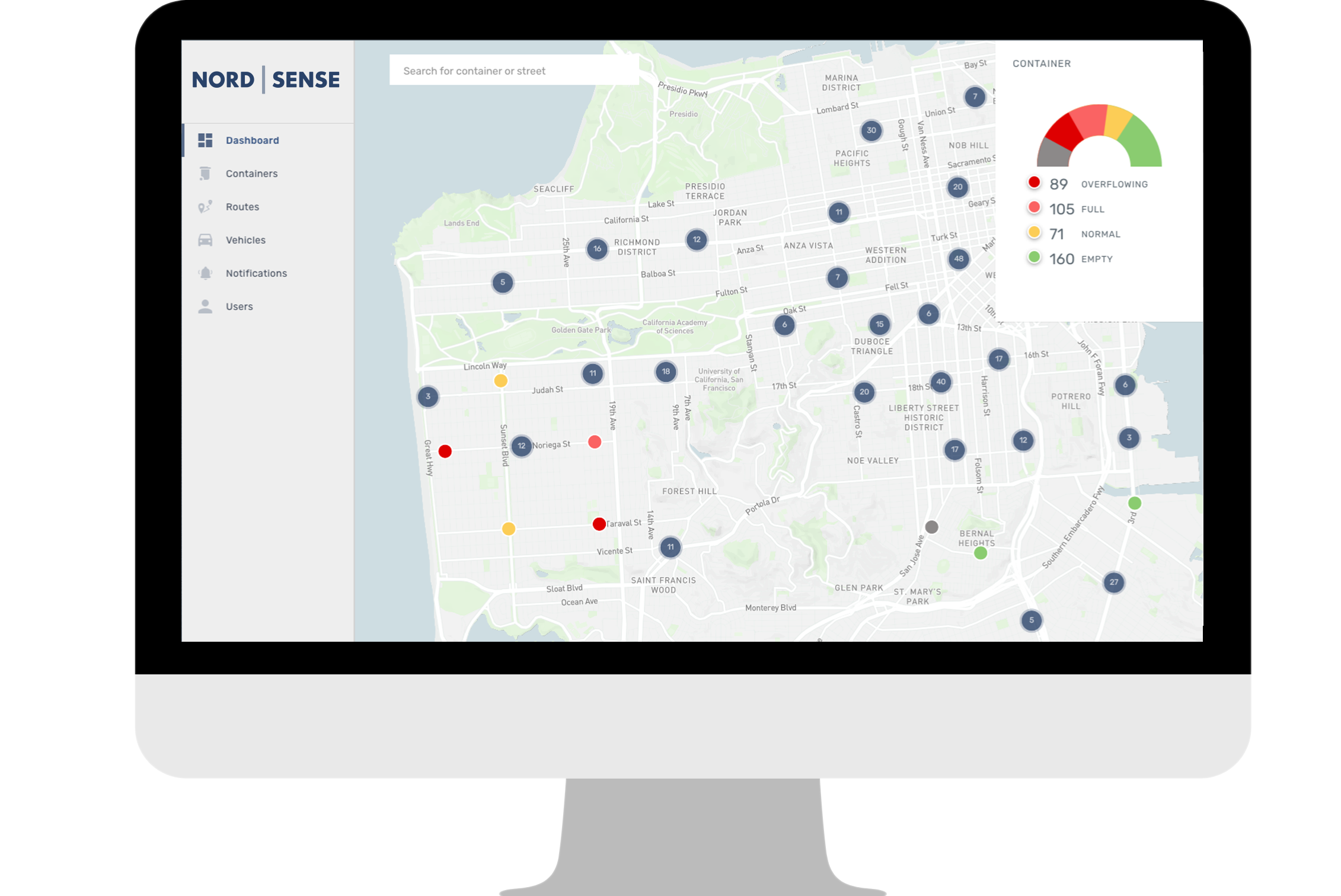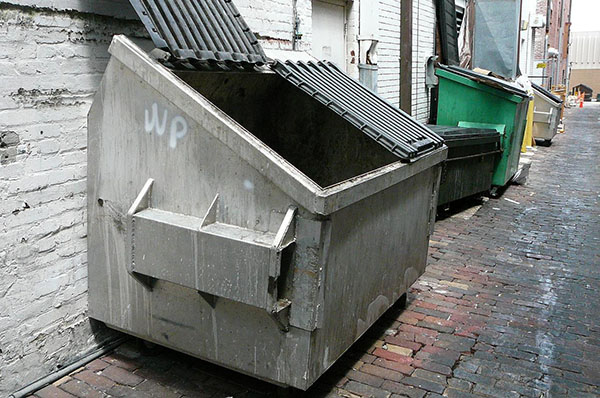Sustainability isn’t a passing phase. It’s becoming an integral part of commercial retail operations. According to Forrester Consulting and Shopify, 44% of consumers are more likely to purchase from a retailer that is committed to sustainability. And while running a fully circular, zero net energy store might be a bit beyond your reach, every retailer can start with small steps towards more sustainable practices.
Whether you run a small boutique or superstores across multiple locations, efficient and sustainable waste management and recycling is a must. But unpredictable waste levels and complex waste cycles mean that even the most well laid waste plans can go awry. On top of that, retailers are under more pressure than ever to implement and adhere to sustainability policies and recycling programs.
Data is now an indispensable tool for retailers who want to become more sustainable with their waste. And regardless of whether you use a broker to deal with your refuse or you work directly with a hauler, a smart waste management system will help you improve your waste operations and sustainability.
This article explains how data-driven waste management fits into the retail sector.
Optimizing Retail Operations
Most of the world’s waste is collected at the wrong time. Why? Because the way we handle waste has not changed for decades. But the way we generate waste is constantly changing.
Today, waste is still collected in a static manner according to fixed schedules. And these schedules simply can’t take real-time waste needs into consideration. Hence, waste is often collected too early or too late – including in the retail sector.
The solution? Cost- and carbon-efficient waste services based on events, real-time data and smart sensors.
Cutting Down on Carbon Emissions
Waste services that occur too early and pick up empty containers are unnecessary and costly to both the environment and your wallet. But you can use the data from your smart sensors to remove these services, and only pick up waste when needed.
Smart sensors monitor fill levels in your containers and transmit this data to your smart waste platform. This happens in real time – every 15 minutes or at every fill or empty event. The raw data is translated into actionable insights on the platform that you can use to enhance your waste and recycling management.
With a digitized overview of container usage and waste patterns, you’re empowered to optimize your retail waste operations. Reducing the number of collection services can help you cut back on fuel consumption and the number of waste vehicles on the road. All these reductions will also help you achieve significant cost savings.

Just look at the facility management team at the University of Idaho. Their smart sensor solution has enabled them to get a clear overview of their service efficiency. Instead of driving around campus and emptying every single bin, they can now prioritize their routes. So now, they know which bins they can skip. This data-driven approach has helped the waste services team halve their fuel consumption and make positive progress towards their campus sustainability policy. And ultimately, they have achieved a cost saving of USD 100,000 per year.
Preventing Overflowing Bins
Full bins are a nightmare for any business. The excess waste is not only unsanitary and unpleasant for your employees. It can also be costly for you as a business owner. Overflowing waste will often require extra collection services from your hauler or broker. And these extra services come with a price tag.
Data is an effective tool to prevent excess waste and overflowing bins. It enables you to monitor container fill levels and predict how fast they will fill up, so you can schedule services from your hauler or broker before it’s too late.

Discover how San Francisco Reduced Overflowing Bins by 80%
Improving Sustainability Initiatives
Today’s retailers are under pressure to reduce their environmental impact and put sustainability at the heart of their operations. As Forbes says, “Sustainability is now as much about the resiliency of your business as it is that of the planet – with both benefiting accordingly.”
It isn’t just customers who are demanding a greener way of consuming. Retailers are also facing demands for better sustainability from their supply chain, investors, employees, and legislators. Plus, sustainability often aligns well with strategic and operational goals. For example, reducing general waste will in turn reduce spending on waste disposal.
Data insights from smart sensors can help you make progress towards your sustainability goals. It is particularly useful for improving your recycling. Sensors in your recycling bins provide unique insight into operational aspects such as bin capacity and service frequency, as well as internal communications.

Measuring Your Communication Efforts
Employee engagement will play a key role in your sustainability initiatives. After all, your employees are the ones tasked with disposing of waste, breaking down boxes, and putting used plastics in the correct container. Providing your employees with clear and motivating communication about recycling will help ensure compliance. But how do you know if your posters, emails, talks are having a positive effect on your recycling levels?
The sensor data can be used to measure the effect of your communications campaigns. By monitoring recycling levels before your campaign and during/after, you’ll get a comparative overview of any changes in your bin usage. This can provide valuable insight into the kind of campaigns and initiatives you should do more and/or less of.
Shifting Towards Sustainable Retail Waste Management
Retailers see a continuous stream of mixed waste from stores and warehouses. So, optimized and environmentally friendly waste management is essential to operations. A smart waste solution can help you improve your retail operations and tackle unpredictable waste generation. All while, taking you a step closer to your sustainability and recycling goals.
